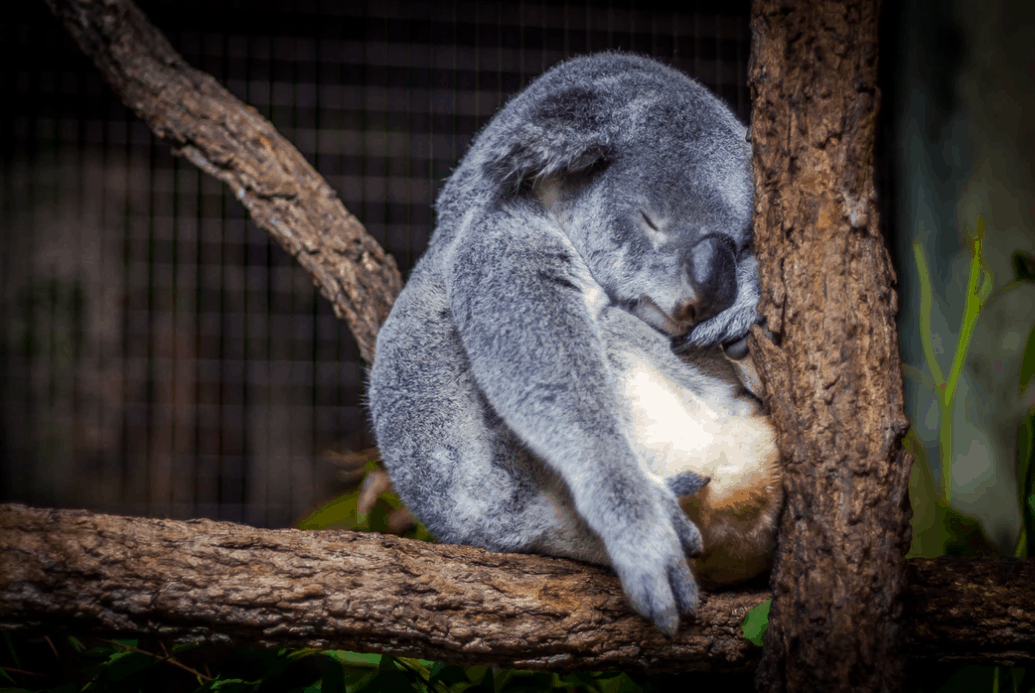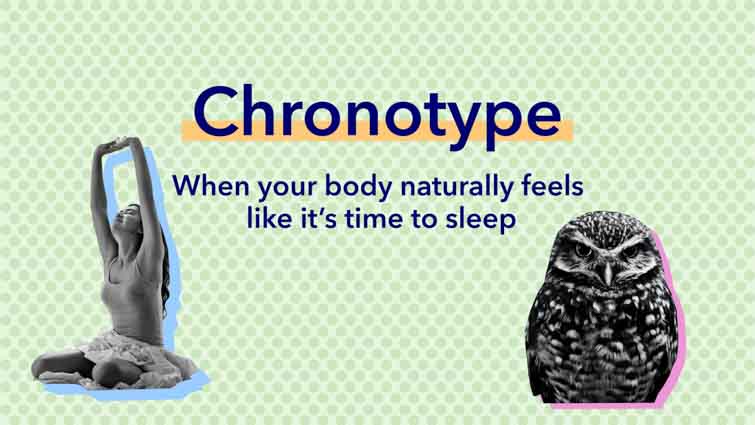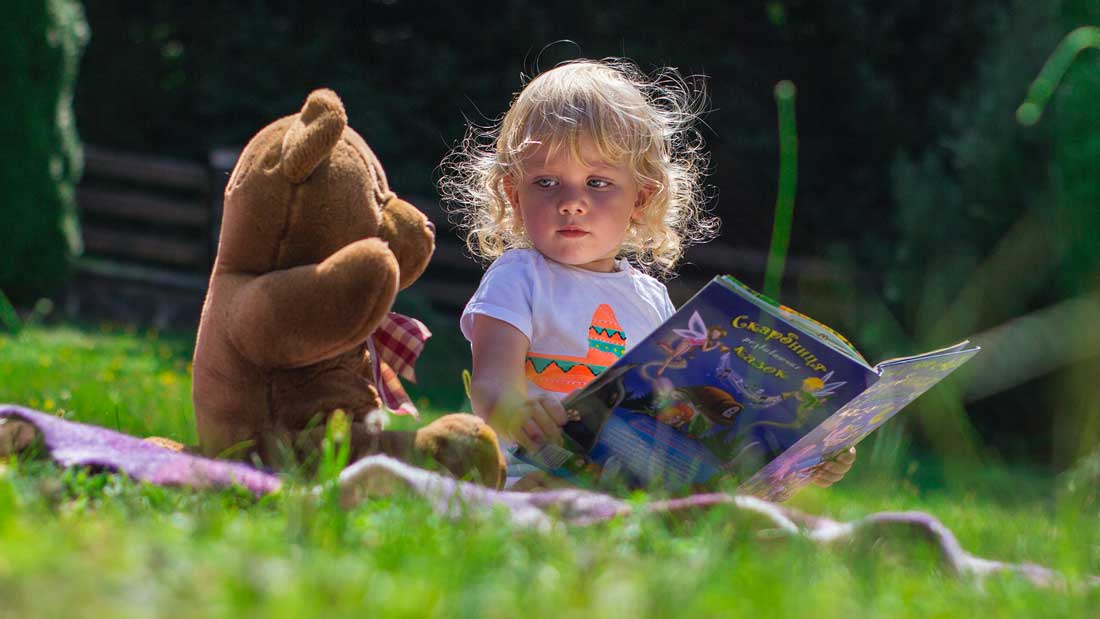
Sleeping away the winter cozied up in a cave or burrow is a tempting option when faced with icy winds and dreary dark days — especially if you are one of the many people who experience mental health struggles this time of year. But if humans tried to sleep through these months, we’d end up with some pretty undesirable side effects, such as blood clots, bone loss, and muscle deterioration.
Recent research on bears, squirrels, and other creatures who spend the colder months slumbering reveals how these animals avoid these common health issues during hibernation. Scientists can use the physiological quirks of hibernating animals to develop medical treatments and techniques for humans, potentially solving issues with heart conditions and long-distance space travel.
Hibernation and Blood Clot Prevention
Scientists have been busy studying hibernating animals’ deep-sleep skills to create medications for heart problems and other human ailments. One study — conducted by Ole Frøbert, a cardiologist based at Örebro University Hospital in Sweden and Aarhus University in Denmark bear blood research — is part of a larger effort investigating hibernators (1). He and his team are exploring the elements of bear blood that contribute to blood clot prevention.
According to Dr. Nancy Ampadu, a resident at Sonoran University of Health Sciences and Doctor of Naturopathic Medicine, hibernating animals utilize a unique mechanism involving specific proteins (HSP47) to prevent blood clots. “These proteins, found on platelets, play a critical role in clotting. Their reduced production during hibernation acts as a protective factor,” she explains.
This protein on platelets assists in clotting, which is crucial for stopping bleeding and healing cuts. Frøbert and his team of researchers studied people with spinal cord injuries, who, like hibernating bears, rarely develop blood clots. This suggests their bodies might reduce this protein after injury, similar to bears during hibernation. Learning more about how this protein works in humans opens a new pathway for treating and preventing cardiovascular conditions.
Muscle Preservation in Hibernation
Hibernation research on ground squirrels reveals how these sleepy critters maintain muscle mass (2). The studies, conducted by Hannah Carey, a professor emeritus at the University of Wisconsin at Madison, found that squirrel gut microbes turn waste into amino acids, helping maintain muscle. “They reabsorb urea to make protein, facilitated by their gut microbiome,” Ampadu notes. This process is particularly intriguing given their fasting state and offers insights into managing musculoskeletal and gastrointestinal diseases, according to Ampadu.
So, what does that mean for humans? It could lead to the development of certain probiotics that help older adults and astronauts preserve muscle. In fact, hibernation research, funded by NASA, explores using this strategy to produce a similar state for long space missions.
Implications for Human Medicine
Dr. Ampadu believes this knowledge could revolutionize the approach to treating several health conditions. “This can guide better treatment and prevention of metabolic diseases, cardiovascular conditions, musculoskeletal conditions, and even neurodegenerative diseases,” she states, emphasizing the potential for enhancing the quality of life and longevity — one of the buzziest topics in the health space.
Takeaways and Real-World Applications
“The best takeaway is the emphasis on rest and sleep and not just any kind of rest and sleep but good quality,” says Ampadu. Dr. Ampadu advises that consistency matters, as does the condition of rest and sleep. She stresses the importance of maintaining a healthy lifestyle, something these animals do instinctively to care for and prepare themselves. “It may not be what we describe as healthy — but they are ready for the hibernating season; thus, a ready and prepared bear sleeps better,” she says.
Preparing for a good quality sleep means sticking to a consistent sleep schedule and calming pre-sleep routines. Try creating a comfortable sleep environment with earplugs or noise machines and choosing the right mattress and pillows. Daily exercise, avoiding stimulants like nicotine and caffeine (especially after noon), and managing anxiety with practices such as meditation or yoga help. It’s also important to avoid focusing on the clock at night to reduce stress.
Dr. Ampadu is optimistic about how this research will be used in the future. “These findings are intriguing and will provide opportunities to investigate how humans can adapt some of these conditions for better health outcomes,” she says, anticipating new, safe, and practical solutions to a range of health issues. While sleeping away the freezing, dark days is not an option for humans (yet), focusing on nailing your nightly sleep routine with healthy habits will help you feel better until the sunny weather returns.

A Guide To How Animals Sleep

Chronotypes: Understanding Types & Impact on Sleep

Bedtime May Get a Whole Lot Easier Thanks to AI: Meet the Smartest Teddy Bear Ever

Can the End of Daylight Saving Time Worsen Seasonal Depression?
Sources
1. Thienel, Manuela. “Immobility-associated thromboprotection is conserved across mammalian species from bear to human,” Science; https://www.science.org/doi/10.1126/science.abo5044; April 13, 2023.
2. Regan, Matthew D. “Nitrogen recycling via gut symbionts increases in ground squirrels over the hibernation season,” Science; https://www.science.org/doi/full/10.1126/science.abh2950; January 2022.
Ampadu, Nancy. Author interview. January 2024.




























